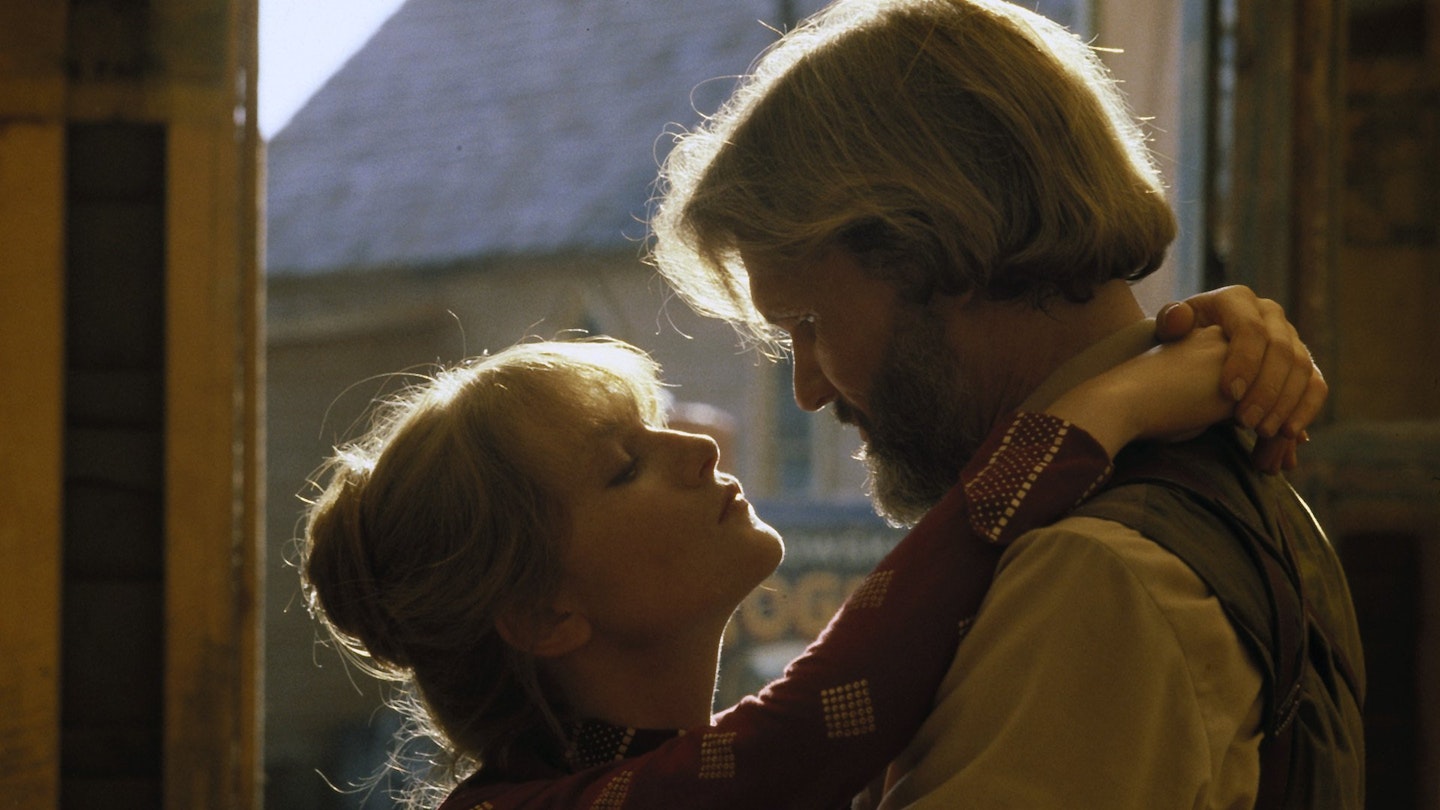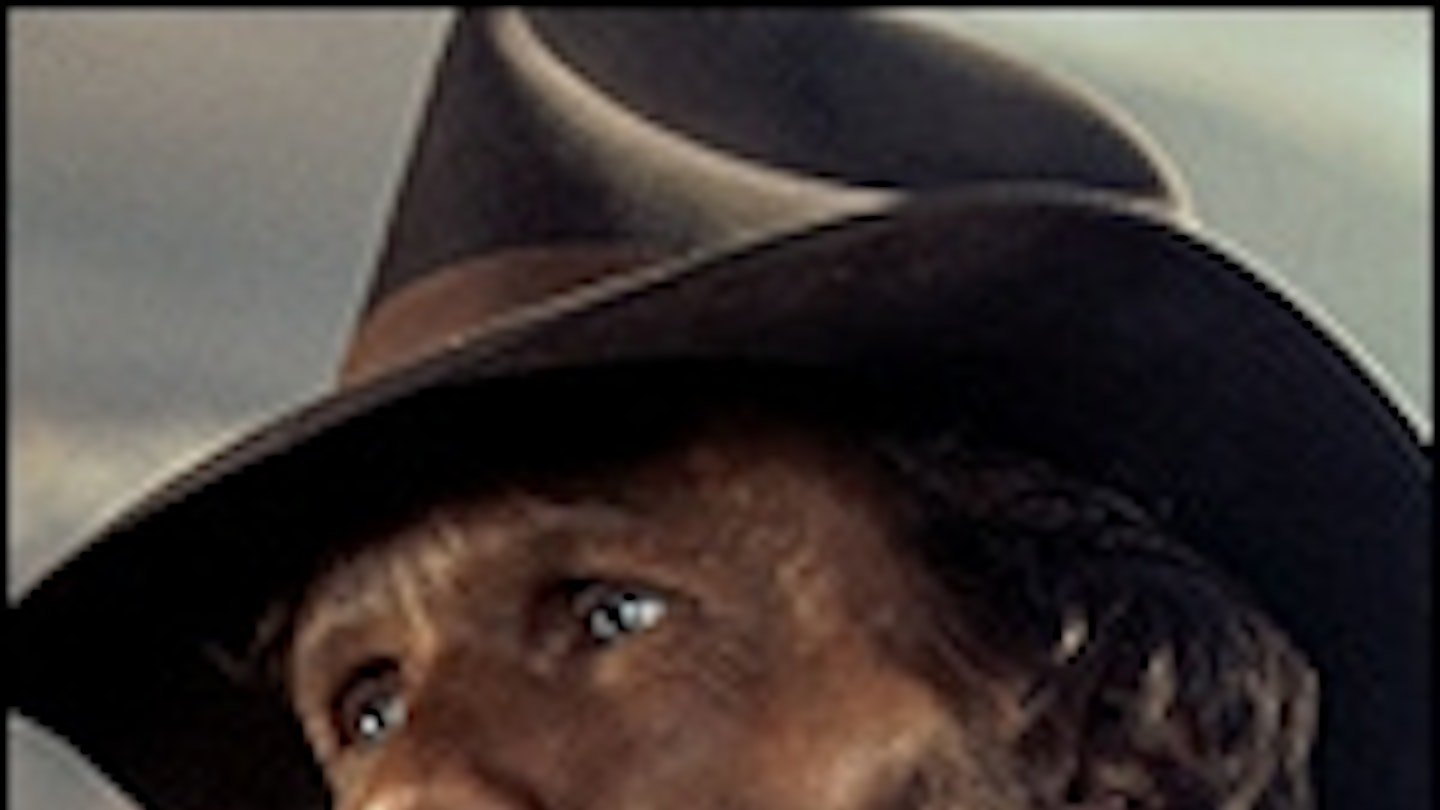Setting aside its reputation as an artistically indulgent studio-wrecker (which it pretty much is) Michael Cimino’s infamous anti-Western is a striking if long-winded piece of lyrical history-making.
It is not without some irony that the film is a portrayal of the Johnson County Wars, concerning the clash between money-hungry cattle wranglers and the hopes for pure living of the immigrant farmers (how much of a metaphor for the death of’70s filmmaking inspiration do you need?). And bleak symbolism apart, Cimino had certainly designed his story as a grandiose reflection of the ballooning power of contemporary corporate America. Crushed idealism hangs over the film like a cloud. Mainly, as it turns out, the director’s own.
The film itself, variously cut to ribbons but now restored on DVD to its desired three and a half hours, is gorgeous, tranquil, and terribly slow, with shades of Terrence Mallick’s floaty dreams. For much of the endless running time, the narrative remains wispy and indistinct as Cimino searches for the melancholy vagueness of life. It has the looks of a Western, but the naturalism of Euro-art. There is no doubting the stunning creativity at work, including strong performances from unshowy talents like Kris Kristofferson, Isabelle Huppert and John Hurt, but it also frustrates with its languid disregard for story. Cimino lacks Mallick’s ability to ignite images with meaning, here they remain just eloquent images, stark and beautiful like as the spinning wonder of the roller-skating rink, but over-priced sideshows in a little story.
The final eruption of violence, when the cattle-baron’s private-army push to eradicate the lowly farmers carries the chilling edge of tragedy, but it is an emotion not fully won. This an extraordinary piece of fateful art, but its imperfections are as loud as its reputation.

